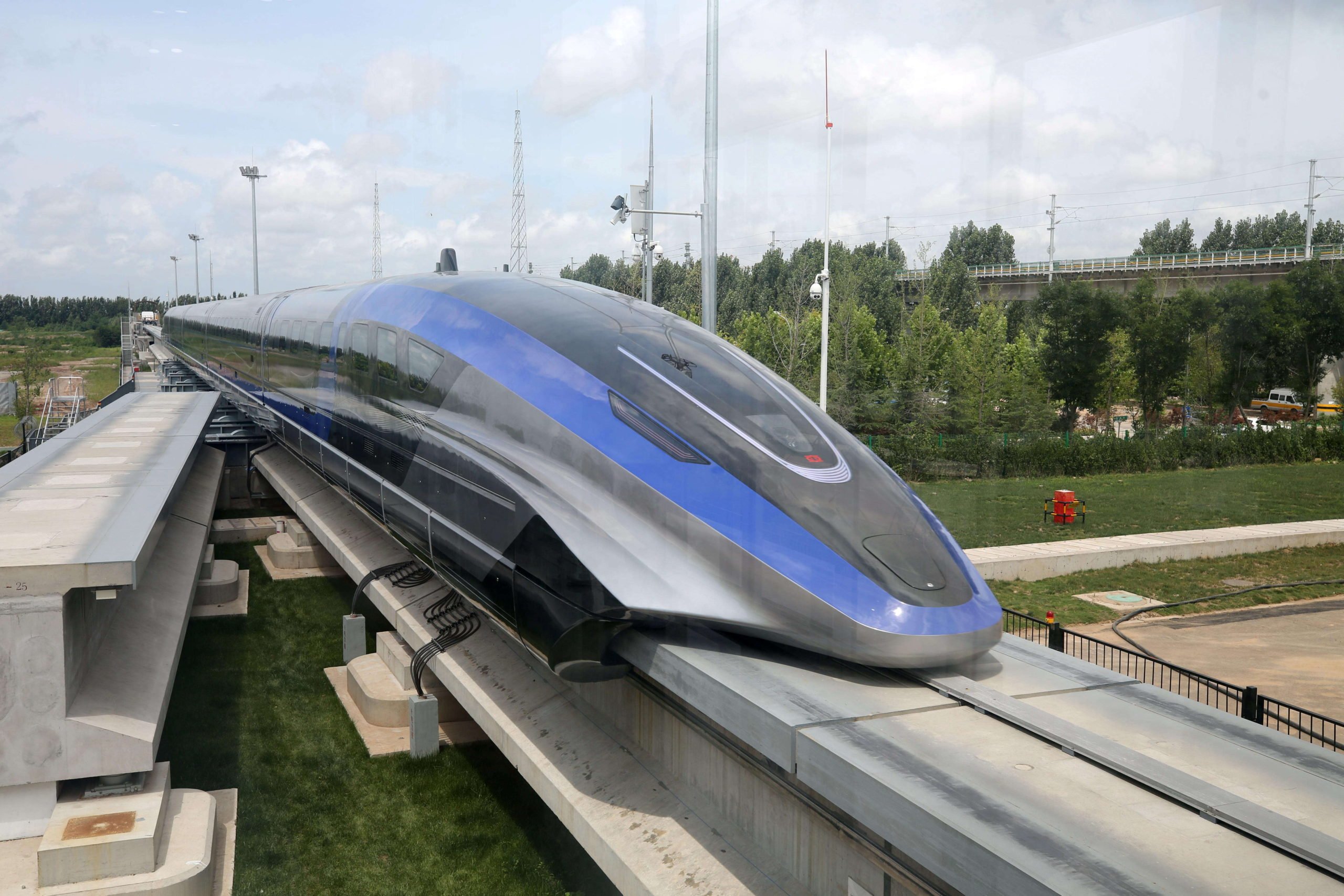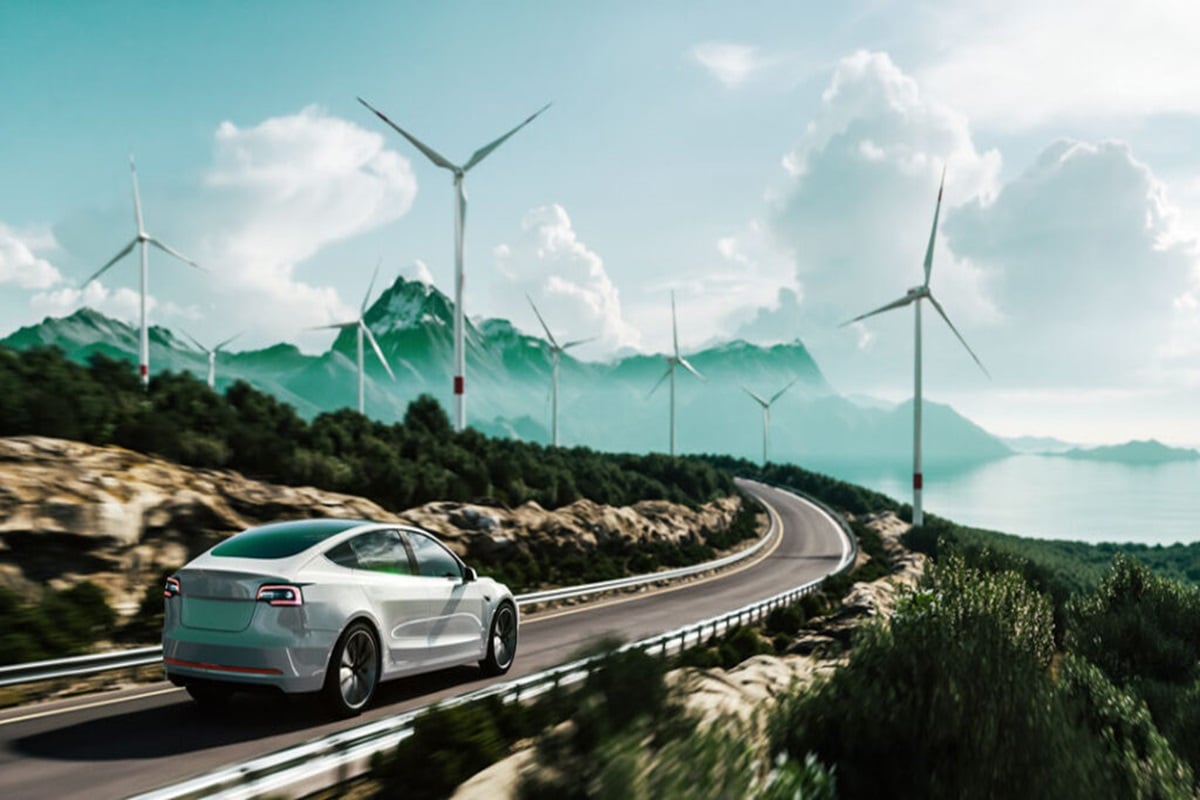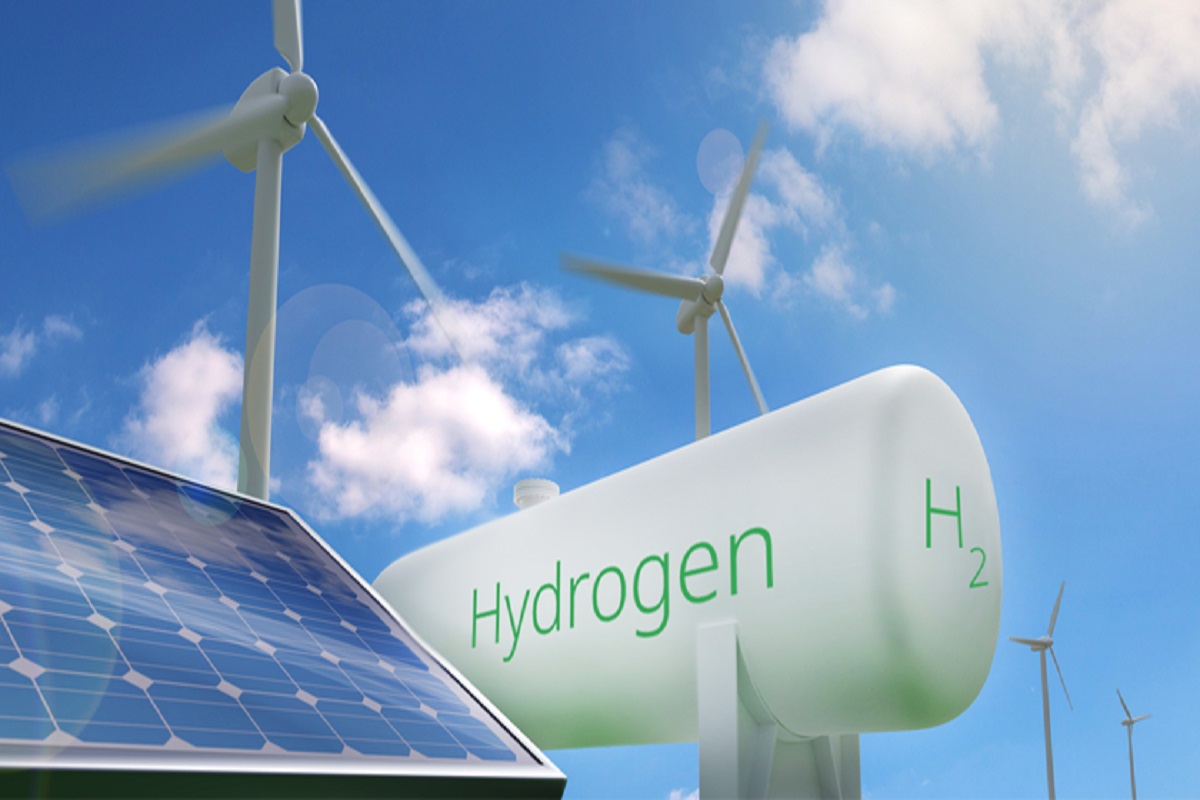In a groundbreaking development poised to reshape the landscape of transportation, China is set to unveil a revolutionary high-speed train system that promises to rival the speed of airplanes. This ambitious project represents a monumental leap forward in the realm of railway technology, marking a significant milestone in China’s quest for innovation and progress.

For decades, air travel has been the preferred mode of transportation for those seeking to save time on their journeys. However, the advent of high-speed trains has offered a viable alternative, allowing passengers to reach their destinations quickly and efficiently without the hassle of air travel.
China’s ambitious endeavor to introduce high-speed trains capable of reaching speeds comparable to airplanes underscores the country’s commitment to advancing transportation infrastructure and alleviating pressure on the aviation industry. Unlike traditional trains, which rely on steel wheels and conventional track systems, China’s Maglev train will utilize cutting-edge high-temperature superconducting energy technology to propel itself forward.
The key innovation lies in the train’s utilization of magnetic levitation (Maglev) technology, which enables it to float above the tracks without making physical contact. By eliminating friction between the train and the track, Maglev trains can achieve unprecedented speeds, far surpassing those of conventional trains.
During recent trial runs conducted by China’s Aerospace Agency (CAS), the Maglev train demonstrated its remarkable capabilities by reaching a staggering maximum speed of 623 kilometers per hour. This remarkable feat serves as a testament to China’s prowess in technological innovation and engineering excellence.
The successful trial runs have paved the way for further advancements in high-speed rail technology, with experts envisioning the possibility of trains reaching speeds of up to 1000 kilometers per hour in the near future. This ambitious vision includes the implementation of vacuum tube technology, which would further enhance the efficiency and speed of train travel.
The implications of China’s Maglev train breakthrough extend far beyond the realm of transportation. By revolutionizing the way people commute and travel, this groundbreaking technology has the potential to catalyze economic growth, spur urban development, and foster greater connectivity between cities and regions.
Furthermore, the development of high-speed rail networks is poised to promote sustainability and environmental conservation by reducing reliance on fossil fuel-based transportation methods. By offering a cleaner and more efficient mode of travel, Maglev trains represent a significant step towards achieving global climate goals and mitigating the impact of carbon emissions.
In addition to its practical implications, the Maglev train project underscores China’s commitment to investing in research and development to drive technological innovation and propel the country towards a more prosperous future. Through strategic investments in infrastructure and technology, China is positioning itself as a global leader in transportation and engineering excellence.


